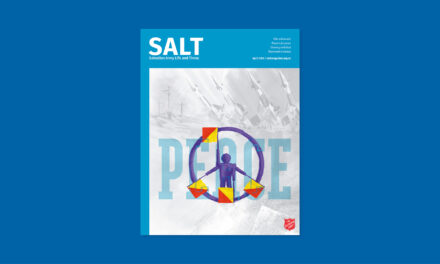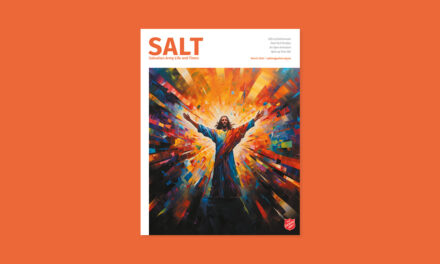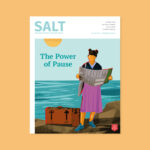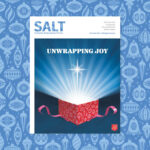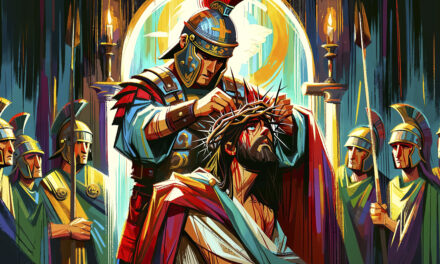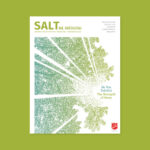
The Persecuted Kingdom
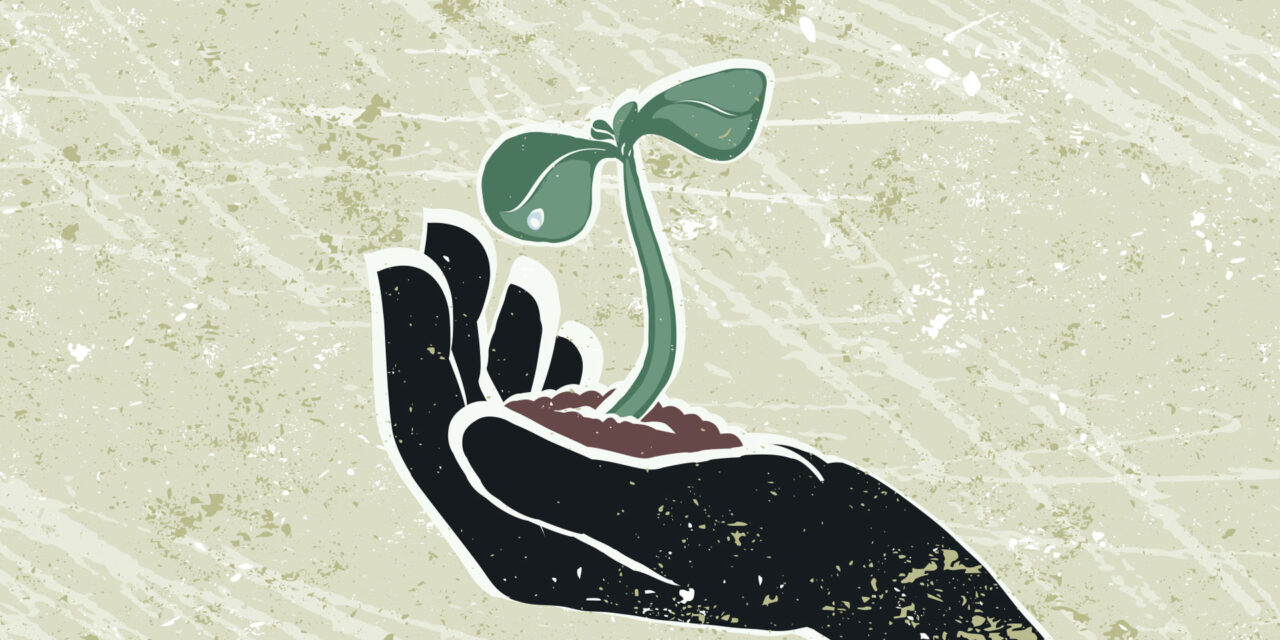
Major Mat Badger continues to explore the pitfalls and insights of the Parable of the Sower in this four-part series. Part Two looks at the seed that fell amongst the rock (Matthew 13:3; 5–6; 20–21). (Read Part One, Part Three)
The angry mob went silent and stepped back from the olive tree. Before dispersing they took a moment to observe the body swinging gently at the end of the rope in the warm Mediterranean breeze. The year was 93AD and the victim was a well-known doctor—a physician by the name of Luke. This famous Gospel writer had been hanged for sharing the good news of Jesus Christ with his Greek listeners. So shocking and counter-cultural was the content of his message—local authorities knew that if these ideas took hold, the very fabric of their society would be challenged to the core—that he was put to death.
Martyrdom of the saints
By the time of Luke’s passing that day, many of his contemporaries—the apostles and other Gospel writers—had already met similar fates. According to Foxe’s Book of Martyrs, James the brother of Jesus had been assassinated; Peter, Andrew, Jude and Bartholomew were crucified; Mark was torn limb from limb by an angry mob; Matthew, Thomas and Paul were beheaded; and Matthias was stoned to death. The only apostle to escape a violent death was John, who was sent into exile.
In the years that followed, there were 10 major persecutions, and Roman emperors consistently came up with new and creative ways to kill Christ-followers. Some were sewed inside the skins of animals and torn to pieces by wild dogs. Others were covered in wax, tied to poles and then set on fire to provide light for garden parties thrown by Emperor Nero. Emperor Trajan fed Christians to the lions as a form of entertainment for the masses. Emperor Adrian killed over 10,000 Christians who were crucified in a cruel imitation of the death of Christ. The cruelties against Christians by Emperor Marcus Aurelius Antoninus were so inhumane that many of those watching shuddered in horror and were astonished at the courage of the sufferers. This period of persecution climaxed with Emperor Diocletian who initiated an attempted empire-wide genocide of all Christians.
Around 1000 years after this, thousands of people known as the Waldenses and the Albigenses were put to the sword for their love of the Word of God. Then, some time later, Martin Luther and John Wycliffe were persecuted; men such as John Huss, Jerome of Prague, William Tyndale, John Frith and Andrew Hewet were all burned alive at the stake.
The amazing thing is that persecution is not a thing of the past. More Christ-followers were persecuted in the twentieth century than in all past centuries combined. And according to the research group Open Doors, since 2020 an average of 11 Christians globally have been killed every day.
The cost of following Jesus
In Matthew 13, after addressing the issue of confusion in the first part of this parable, Jesus then moves on to address the issue of persecution:
‘A farmer went out to sow his seed. As he was scattering the seed … some fell on rocky places, where it did not have much soil. It sprang up quickly, because the soil was shallow. But when the sun came up, the plants were scorched, and they withered because they had no root.’
He then shared with his followers in private the meaning of these words:
‘The seed falling on rocky ground refers to someone who hears the word and at once receives it with joy. But since they have no root, they last only a short time. When trouble or persecution comes because of the word, they quickly fall away.’
There are a couple of key ideas in this text. First, accepting the message of the kingdom, the gospel, will come at a personal cost to varying degrees. Notice Jesus’ words. It’s not if trouble or persecution will come, it’s when. Being a Christ-follower can be dangerous—literally! It’s one thing to say that you believe in something, it’s another thing entirely to hold to these beliefs when your life or the lives of those you love are on the line. And this is how it has been for many people throughout the history of the Church.
You will have noticed that the examples I shared earlier were of people who were faithful in their convictions to the end. However, if this text is anything to go by, there will have been many more who would not have been faithful when times were tough. At the first sign of trouble, they would have given up or compromised. And second, it’s worth noting that the type of persecution that Jesus is referencing here is because of the Word. In other words, as I wrote in part one, the battle we are involved in is primarily spiritual, and believers are rejected in this world because Christ is rejected.
Persecution in God Zone
As a Christian in Aotearoa New Zealand, I have lived a life relatively free of trouble or persecution. For years we were known as a Christian nation and even had the nickname ‘God Zone’, which was a play on words for ‘God’s Own’. But at times, very minor persecutions do raise their heads in sudden and unexpected ways.
I remember when I was younger, we had a guest in our house who took exception to me watching a gospel presentation on TV. When our visitor realised what I was watching, she walked into our lounge, abruptly turned off the TV, and said angrily at the top of her voice, ‘that’s enough of that crap!’ This was quite a remarkable reaction since she was a visitor in our house, and she had only been there for a short time. It was not really her place to assertively make this comment or insist that the TV be turned off. She was genuinely angry at the message I was listening to.
While for myself these kinds of incidents are minor and irregular, I must hold them in tension with the fact that it is unusual to be living in a place and time in history when the level of persecution is relatively low. This has not been the case for most of the history of the true Church in most of the world. But as a Christ-follower, I know that as the eschatological (prophetic) story unfolds, it does seem to climax with rising levels of persecution and hostility. So, for anyone accepting the message of the kingdom, it is an invitation to walk through the minefield of Christ-centred faith. Caution and discernment are most definitely required to proceed!
The challenge for each of us is to live in the tension that persecution for the Word of God and our faith may come in our lifetimes. Our preparation might be to think about how we will react to persecution before it happens and to pray for strength, courage and the ability to stand up for our convictions and beliefs.

